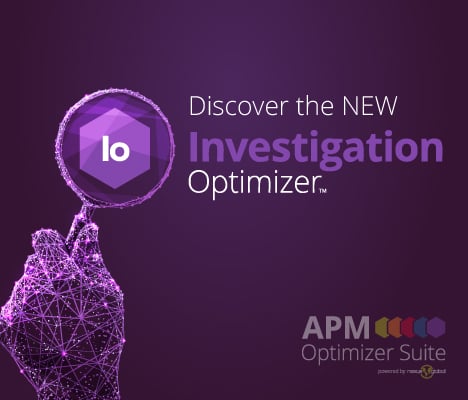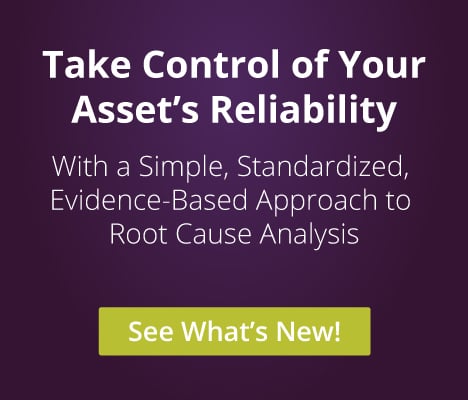The Importance of Data Quality Management
Data quality management has become vital for organizations across industries in today's rapidly evolving business landscape. It encompasses the processes and technologies that ensure data accuracy, consistency, and reliability across various systems and applications. This blog explores the significance of data quality management and its impact on business operations and decision-making processes.
WHY DATA QUALITY MANAGEMENT MATTERS
Data serves as the lifeblood of modern organizations, influencing strategic decision-making, operational efficiency, and, most importantly, customer satisfaction. As a professional in this field, your commitment to data quality directly impacts the satisfaction of your customers. Poor data quality can lead to many issues, including inaccurate reporting, flawed analytics, and decision-making based on unreliable information. Here are key reasons why data quality management is critical:
- Data Quality in Asset Management: The role of high-quality data in asset management cannot be overstated. Whether you’re dealing with utility assets, financial assets, or any other type, accurate and reliable data is not just important; it's crucial for informed decision-making.
- Consequences of Data Quality Challenges in Asset Management: Asset management faces several challenges related to data quality. These include issues with master data (asset descriptions, classifications, and hierarchies) and transaction data (work orders, maintenance records, and financial transactions). The potential consequences of these challenges can be severe, leading to inaccurate reporting and flawed analytics.
- The Cost of Poor Data Quality: Poor data quality can lead to missed opportunities and incorrect decisions. Imagine relying on flawed data to allocate maintenance resources or make investment choices—it could be costly! You can avoid these missed opportunities by ensuring data quality and making more informed decisions.
- Text Analytics and Fault Data: One valuable approach is leveraging text analytics. This innovative method allows you to extract insights from unstructured text (like maintenance reports or incident descriptions), thereby enhancing data quality and improving decision-making processes.
FOUR-STEP SOLUTION
- Assessment: Understand the current state of your data. Identify gaps, inconsistencies, and inaccuracies.
- Cleansing: Cleanse the data by removing duplicates, correcting errors, and standardizing formats.
- Governance: Establish data governance practices and define roles, responsibilities, and processes for maintaining data quality.
- Continuous Improvement: Regularly monitor and improve data quality. It’s an ongoing effort.
Beyond data quality, data asset management encompasses the broader management of data within an organization. It ensures that data is consistently defined, understood, and trusted across the organization. When everyone speaks the same data language, decision-making improves. Data asset management involves processes like data cleansing (removing inconsistencies), enrichment (adding missing information), and validation (ensuring accuracy). High-quality data is more likely to be used effectively by decision-makers, leading to better business outcomes.
Many organizations are just beginning to take a fresh look at data quality from What-to-do to How-to-do perspective. Nexus Global can help you get started on your journey of How-to-do with our master data services and Data Optimizer software, which are designed to address these needs and more across industries like oil and gas, power generation and distribution, automotive, pharmaceutical, metals, food, beverage, ports, manufacturing; and more.” Say goodbye to data discrepancies/silos and hello to a unified, accurate view of your critical business information. Partner with us to elevate your master data to the next level!”
Topics: Data Management

Posted by
Doug Robey | CMRP, CRL
President, Nexus Global | As an innovative performance improvement and global business leader, Doug has led a diverse array of clients to design and implement successful initiatives around APM and CAPEX/OPEX. With 25+ years of craft skills and Maintenance & Reliability experience, Doug has promoted positive change within numerous asset-intensive industries; including metals, pharmaceutical, food and beverage, energy, oil and gas, and other manufacturing.



